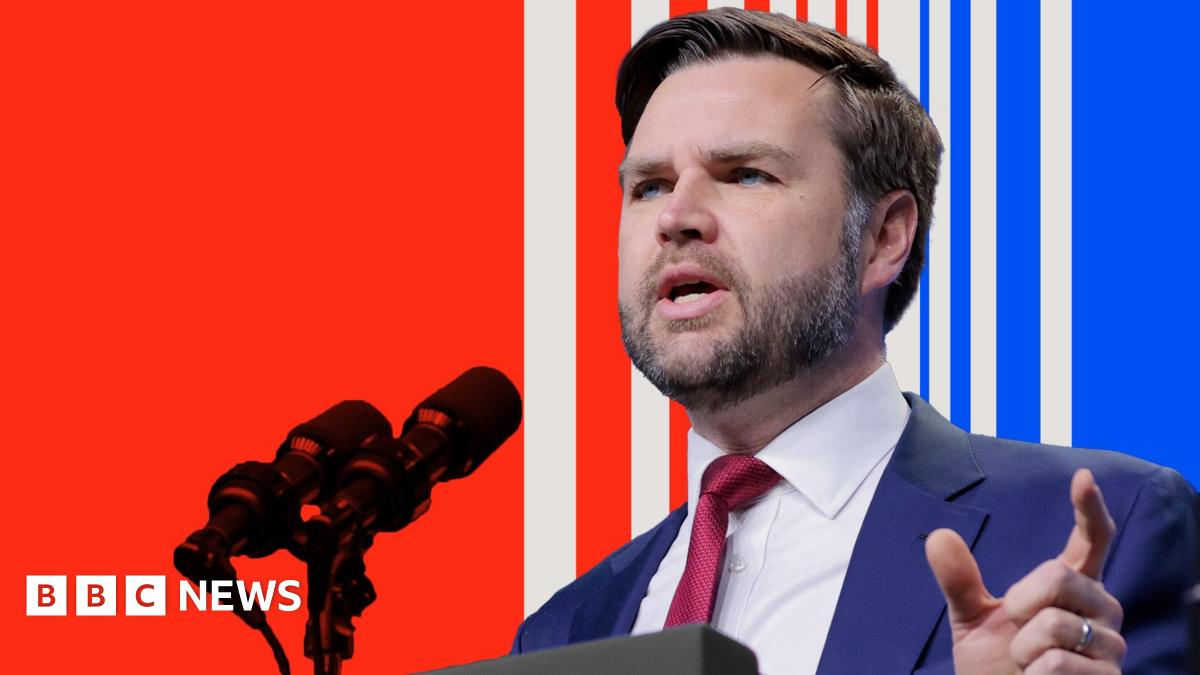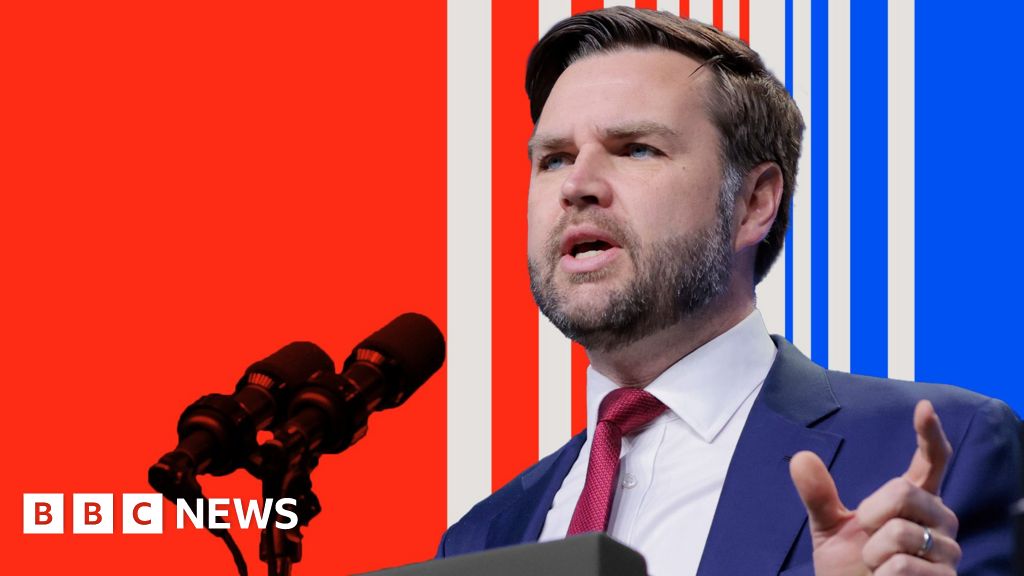The voice of the Rust Belt: Unpacking JD Vance’s vision for America
In a nation grappling with unprecedented social, economic, and cultural upheaval, the perspectives of thought leaders have never been more crucial. Enter JD Vance, the Ohio native and bestselling author whose unflinching portrayal of America’s working-class struggles has captured the hearts and minds of millions. With his latest foray into politics, Vance has solidified his position as a leading voice for the often-overlooked communities of the Rust Belt, where industry giants once thrived and now lie in ruins.

Vance’s Journey

Vance’s winding ideological journey within the conservative movement is a significant aspect of his worldview. His path from being a “Never Trumper” to becoming a Trump supporter is a remarkable one, shaped by his experiences and influenced by his bestselling memoir, Hillbilly Elegy.

The Memoir’s Influence
Hillbilly Elegy, Vance’s memoir about his upbringing in an Ohio family with Appalachian roots, has had a profound impact on his views. His experiences growing up in a working-class family, struggling with addiction and poverty, have given him a unique perspective on the struggles of the left-behind American working class. The memoir’s success has also brought him sudden fame and recognition, which has likely contributed to his confidence and authority in expressing his views.

The Role of His Upbringing
Vance’s Appalachian roots and upbringing have significantly shaped his perspective. His experiences growing up in poverty, struggling with addiction, and witnessing the struggles of his community have given him a deep understanding of the challenges faced by working-class Americans. This perspective is reflected in his speeches and writings, where he often criticizes the economic and foreign policy orthodoxy of Washington, arguing that it is out of touch with the needs and concerns of ordinary Americans.
The Impact of His Experiences
Vance’s experiences have also made him more empathetic and understanding of the struggles of others. His struggles with addiction and poverty have given him a deep understanding of the importance of compassion and support for those struggling. This empathy is reflected in his speeches and writings, where he often emphasizes the need for a more compassionate and understanding approach to governance.
Vance’s Critics
Vance’s critics argue that he is an ideologue and not a pragmatist, and that his views are overly simplistic and lacking in nuance. They argue that his emphasis on the “America First” theme is a form of isolationism that ignores the complexities and interconnectedness of the global economy and international relations.
The Role of James Orr
James Orr, Vance’s “British sherpa”, has been a key influence on his views. Orr, a professor of philosophy of religion at the University of Cambridge, has been a friend and mentor to Vance, and has helped him articulate his ideas and develop his worldview. Orr’s influence can be seen in Vance’s emphasis on the importance of shared values and his criticism of the European establishment.
Conclusion
Conclusion: Unpacking JD Vance’s Worldview and its Enduring Significance
The article ‘How JD Vance sees the world – and why that matters’ delves into the perspectives of JD Vance, an American author and conservative commentator, shedding light on the complexities of his worldview. Through an in-depth analysis, the article reveals Vance’s views on politics, identity, and the struggles faced by Americans, particularly in the Appalachian region. Vance’s narrative emphasizes the importance of preserving traditional values, the need for individual responsibility, and the flaws in the liberal ideology that he perceives as exacerbating social and economic disparities.
The significance of Vance’s worldview lies in its ability to spark conversations about the deeply ingrained social and cultural divisions in America. By examining the nuances of his perspective, readers can gain a deeper understanding of the intricacies of conservative thought and its implications for the country’s future. The article also highlights the importance of considering diverse viewpoints, especially those from underrepresented regions, in shaping a more inclusive and equitable society. As the United States continues to grapple with pressing issues such as economic inequality, social justice, and cultural identity, Vance’s narrative serves as a catalyst for reflection and dialogue.
As the American narrative continues to evolve, it is imperative that citizens engage with diverse perspectives, including those that challenge their own assumptions. JD Vance’s worldview offers a unique lens through which to examine the complexities of the American experience, reminding us that the true struggle lies not in imposing a particular ideology, but in fostering a nuanced understanding of the intricate tapestry that is American society. As we move forward, we must recognize that the only way to truly bridge the divide is by embracing the messy, imperfect beauty of our shared humanity – and JD Vance’s narrative is a powerful reminder that our differences are what make us stronger.
